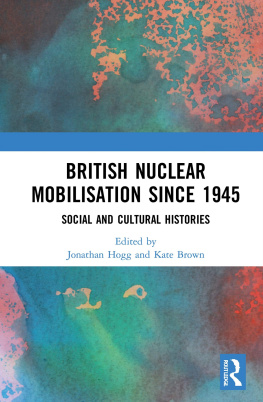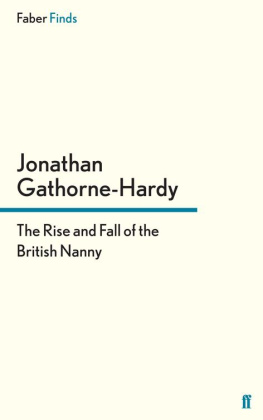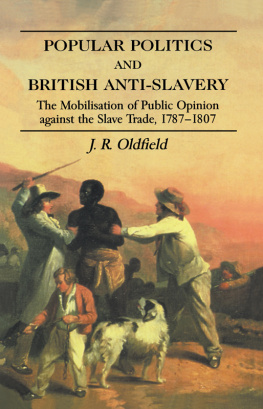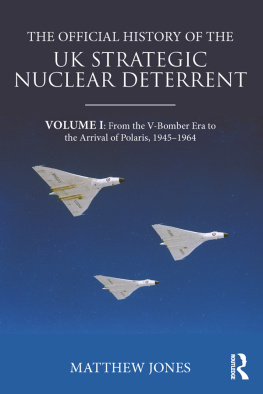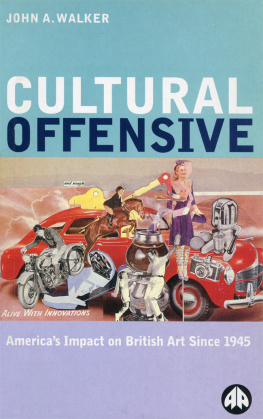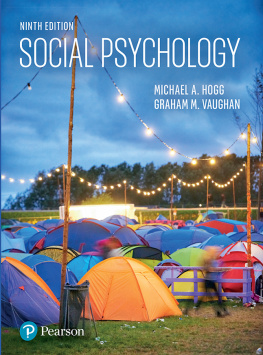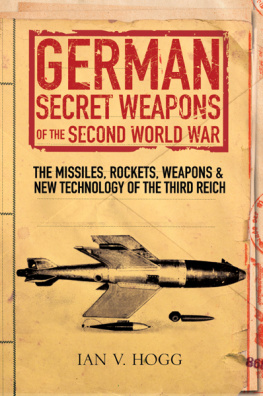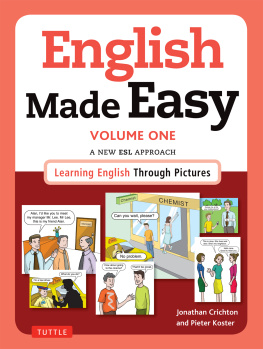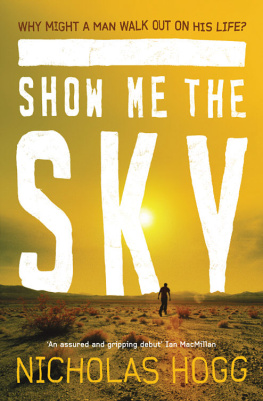British Nuclear Mobilisation Since 1945
This book explores aspects of the social and cultural history of nuclear Britain in the Cold War era (19451991) and contributes to a more multivalent exploration of the consequences of nuclear choices which are too often left unacknowledged by historians of post-war Britain.
In the years after 1945, the British government mobilised money, scientific knowledge, people and militaryindustrial capacity to create both an independent nuclear deterrent and the generation of electricity through nuclear reactors. This expensive and vast techno political project, mostly top-secret and run by small sub-committees within government, was central to broader Cold War strategy and policy. Recent attempts to map the resulting social and cultural history of these militaryindustrial policy decisions suggest that nuclear mobilisation had far-reaching consequences for British life.
The chapters in this book were originally published as a special issue of Contemporary British History.
Jonathan Hogg is Senior Lecturer in Twentieth Century History at the University of Liverpool, UK. He is the author of British Nuclear Culture: Official and Unofficial Narratives in the Long 20th Century (Bloomsbury, 2016), and editor of the e-textbook Using Primary Sources (Liverpool University Press, 2017).
Kate Brown is Professor of Science, Technology and Society at Massachusetts Institute of Technology, Cambridge, USA. Her numerous books include Plutopia: Nuclear Familes, Atomic Cities and the Great Soviet and American Plutonium Disasters (Oxford, 2013), Dispatches from Dystopia: Histories of Places Not Yet Forgotten (University of Chicago Press, 2015), and most recently Manual for Survival: A Chernobyl Guide to the Future (Allen Lane, 2019).
First published 2021
by Routledge
2 Park Square, Milton Park, Abingdon, Oxon, OX14 4RN
and by Routledge
605 Third Avenue, New York, NY 10158
Routledge is an imprint of the Taylor & Francis Group, an informa business
2021 Taylor & Francis
All rights reserved. No part of this book may be reprinted or reproduced or utilised in any form or by any electronic, mechanical, or other means, now known or hereafter invented, including photocopying and recording, or in any information storage or retrieval system, without permission in writing from the publishers.
Trademark notice: Product or corporate names may be trademarks or registered trademarks, and are used only for identification and explanation without intent to infringe.
British Library Cataloguing-in-Publication Data
A catalogue record for this book is available from the British Library
ISBN13: 978-0-367-74311-6 (hbk)
ISBN13: 978-0-367-74315-4 (pbk)
ISBN13: 978-1-003-15709-0 (ebk)
Typeset in Myriad Pro
by codeMantra
Publishers Note
The publisher accepts responsibility for any inconsistencies that may have arisen during the conversion of this book from journal articles to book chapters, namely the inclusion of journal terminology.
Disclaimer
Every effort has been made to contact copyright holders for their permission to reprint material in this book. The publishers would be grateful to hear from any copyright holder who is not here acknowledged and will undertake to rectify any errors or omissions in future editions of this book.
Jonathan Hogg

and Kate Brown
ABSTRACT
In the years after 1945, the British government mobilised money, scientific knowledge, people and militaryindustrial capacity to create both an independent nuclear deterrent and the generation of electricity through nuclear reactors. This expensive and vast technopolitical project, mostly top-secret and run by small sub-committees within government, was central to broader Cold War strategy and policy. Recent attempts to map the resulting social and cultural history of these militaryindustrial policy decisions suggest that nuclear mobilisation had far-reaching consequences for British life. The guest editors of this special issue of Contemporary British History invited contributions that would explore aspects of the social or cultural history of nuclear Britain in the Cold War era, 19451991. We hope that this collection contributes to a more multivalent exploration of the consequences of nuclear choices which, we contend, are too often left unacknowledged by historians of post-war Britain.
The guest editors of this special issue of Contemporary British History invited contributions that would explore aspects of the social or cultural history of nuclear Britain in relation to the physical mobilisation of Cold War nuclear projects, in the years 19451991. We especially encouraged research that went beyond familiar sites, source-sets or personalities, and offered new ways of thinking about nuclear history in relation to broader trends in the historiography of contemporary Britain. The six articles in this special issue suggest that nuclear history can form an important contribution to more mainstream historiographical traditions such as selfhood, subjectivity and citizenship in post-war Britain, decolonisation, the cultural memory of World War II (WWII) and the politics of protest. Indeed, we argue that it is difficult to think of another aspect of contemporary British life that has fundamentally shaped government, military and political thinking, absorbed such a sizeable portion of public funds, and created such contested public discourse across decades, yet remains on the periphery of contemporary British historiography. In many ways, aspects of contemporary British history with richer and more unified historiographical traditions are shaped in some way by the structural shift that nuclear mobilisation represented, and the ideologies it enacted. The contributions to this special issue represent new approaches to the history of nuclear Britain, and offer new ways to think about the positioning of nuclear concerns in broader historical context. After all, how might we research and write nuclear history?
If we focus on just one year in British nuclear history, we are reminded that from the northernmost tip of the United Kingdom to its southernmost towns and villages, nuclear development structured social and political change, and shaped lives, in deeply ambiguous ways. In 1984, Shetland Island residents John Goodlad and Marjorie Flaws drafted the Declaration of Wyre. Handwritten using ornate calligraphy on a large parchment, and addressed to the King of Norway and the Queen of Denmark, the Declaration sought to reaffirm our strong historical ties with Norway and Denmark in an attempt to forestall the proposed siting of the European Demonstration Reprocessing Plant at Dounreay, not far away on the north Scotland coast. The document, later delivered by Goodlad to Norway by hand after a trip across choppy seas, was a more general attempt to safeguard our laws, rights and traditions from British intervention. Around the same time, Torness Alliance activists were trying, unsuccessfully, to prevent the construction of Torness nuclear power station 30 miles east of Edinburgh. A few years earlier, the No Uranium campaign briefly flourished on Orkney, off the north-east coast of Scotland, in opposition to plans to mine for uranium ore. Many of the same activists, a few years later, challenged plans to dump nuclear waste on Stormy Bank, a small island in the Orkneys.
Meanwhile in 1984,
 and Kate Brown
and Kate Brown
